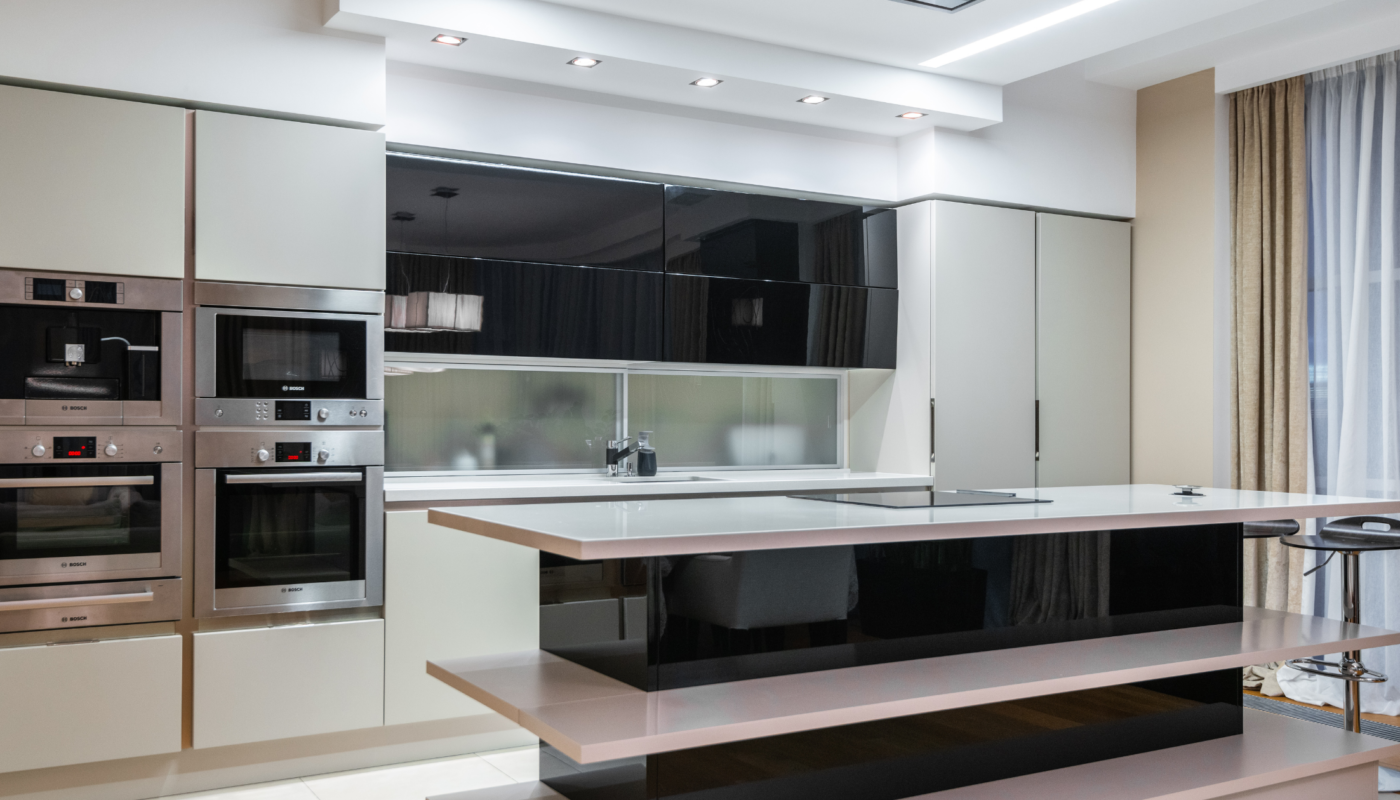Being a successful landlord includes delivering the facilities that modern tenants expect. It is common knowledge that a beautiful and modernized kitchen increases the value of both house sales and rentals. As a result, while energy-efficient or new appliances are an excellent method to attract tenants, they do come at a cost. Understanding where to spend your money to maximize your return is critical for landlords. Join us as we talk about how to choose home appliances on rent and how to get the most bang for your buck!
What to think about before investing in-home appliance rentals
Before we get started on the best appliance options, there are a few things to think about. Buying new or improved rental home appliances is a large investment. So, smart buying and weighing your options is your best bet for a positive ROI. Consider the following factors before making your decision:
1. What will a tenant require
Choosing appliances for a rental property is not the same as selecting them for your own house. The crucial words here are “value” and “mass appeal.” So, think about what could make a tenant’s life easier. Take the time to analyze current rental patterns, examine the competitors in your area, and select a timeless appliance design.
2. Every bit of energy saved counts
Many owners may be familiar with the term “Energy Star.” However, you may be unaware that Energy Star appliances are part of a voluntary program run by the United States Environmental Protection Agency. Items with this grade are a good investment for landlords, and tenants will benefit from increased utility savings.
3. Keeping value and perceived value in balance
Knowing what local renters expect is crucial because appliances are a major investment for property owners. As a result, the rental home appliances you select must meet the requirements of the neighborhood. The easiest method to assess this is to look at the competition in your area. Purchasing premium appliances for a mid-range neighborhood, for example, may not yield the same investment return to landlords. As a result, make certain that the selections you make are in line with the market’s requirements.
4.Are landlords eligible for further tax breaks
Maybe! Not only can replacing the appliances increase rental and resale value, but tax breaks may be on the way. Landlords can deduct the cost of appliances from their taxes under Section 179 of the Internal Revenue Code. However, property owners must meet specific conditions, so do your homework ahead of time to guarantee your acquisition qualifies.
5. Include an appliance addendum in your lease
When you buy new appliances, you want to make sure they are well-protected. As a result, terms in the rental agreement should mention all included appliances and specify any special maintenance requirements or duties. This will hold tenants accountable for keeping the appliances in good working order for many years to come.
Bottom line
Replacing or replacing rental property appliances necessitates considerable thought. Landlords, on the other hand, can reap the benefits of adding value through appliances with informed decisions, adequate maintenance, and clear tenant responsibilities in the lease. Stay tuned to get more information about appliances on rent in Bangalore.


